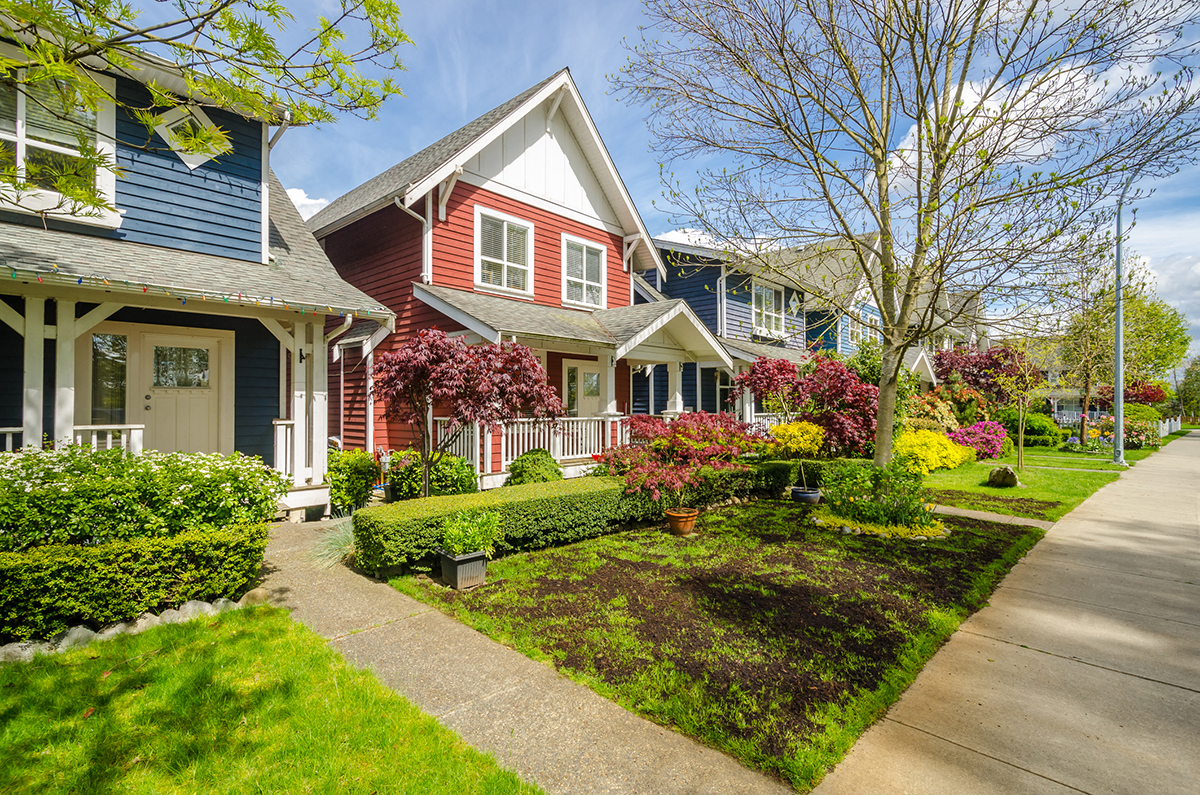
Property owners and tenants carry different responsibilities in a rental agreement. Understanding these differences is key to establishing healthy relationships with tenants and maintaining the integrity of your property.
But how do you know where these differences lie and who is responsible for what? If you are trying to manage your own property, it can be a bit challenging. Let’s get started by discussing some of the property owner’s responsibilities.
Responsibilities Of the Owner
First and foremost, the property owner must ensure the rental property is always safe and habitable. This means keeping common areas like kitchens and bathrooms up to date with proper sewer and water lines. Making sure items like heating, electricity, and external doors and windows are in good condition and follow state guidelines is also part of the owners’ duties.
For cases that may cause the rental to be inhabitable such as a major sewage clog or water leak, the owner must respond to their tenant’s report within a 24-hour period. If it is apparent the tenant has directly caused the issue at hand, such as placing inappropriate items in the drain lines, the owner can choose to charge the tenant for the costs.
Owners are also responsible for setting the rules and guidelines regarding the rental property. Tasks such as pool and lawn maintenance can vary per property. It’s important the owner specifies in the lease agreement if and how they expect their tenants to maintain such amenities. Specifying how many occupants are allowed within the home to ensure building and safety codes are followed is also important. An excessive number of occupants can cause a potential hazard. It is crucial to note how many tenants are allowed at any given time.
Noting these specifics within the lease agreement is important to ensuring the rental property is cared for. Communicating them to the tenant is just as important. A tenant’s signature on a lease is legally binding but discussing your expectations with your tenants can go a long way in making sure they understand what part they play in keeping your property well maintained. It can also help foster a good relationship between owner and tenant.
Responsibilities Of the Tennant
Tenants are not only responsible for abiding by lease terms but also maintaining the property during their lease. One major maintenance item is simply being diligent with upkeep and cleaning tasks. Placing trash at the curb on scheduled pick-up days seems a simple task but left unmaintained, could leave to more serious issues down the line like pest infestation. Ensuring plumbing fixtures like sink and tub faucets are cleaned regularly help prevent buildup of rust and soap scum. Failure to keep appliances and other such items clean may create issues that require repair expenses. Expenses that could easily be a tenant cost due to neglect.
Tenants are also responsible for leaving the property in the same condition it was acquired. Performing a walkthrough with new tenants is imperative. Both parties can note any issues they see such as damaged window blinds, worn carpet or drywall imperfections. Excessive wear and tear on items within or to the property itself could mean a hefty bill. If not noted at move in, it could mean a bill to the tenant for repairs or extra cleaning that is needed before the property can be leased again.
Tenants are expected to respect other renters and neighbors. This means following any quiet hours or HOA requirements that may be in place for the home or neighborhood. Disrupting the peace between other neighbors may cause unnecessary complaints to the city. All of which could be prevented if boundaries and rules are set, communicated, and respected.
Rental agreements should outline these responsibilities and designate each party’s obligations. Furthermore, while some responsibilities may overlap, clearly understanding the terms will help prevent misunderstandings between property owners and renters.
Where Do You Draw the Line?
Some agreements may not explicitly state each individual responsibility. This can result in unexpected expenses, taking extra time for mediation, or conflict between tenants and owners. For example, outdoor property maintenance such as lawn care could be a point of conflict if not discussed before the rental agreement is finalized. Who is responsible and to what degree? In some cases, property damages happen because of tenant neglect.
A scenario to consider: What would you do if your rental property were to become inhabitable due to fire or water damage? Was the damage due to neglect? If so, was it by the owner or tenant? Maybe the damage was caused by a natural disaster like a hurricane or lightning strike. Who would be responsible for the tenant’s temporary relocation expenses? These are all questions property owners should consider and be prepared to answer. Suggesting tenants acquire renter’s insurance is always a good idea but is not mandatory for tenants.
Thankfully, you can easily solve potential problems by using a property management company like Sea Scape Properties. Our long-term rental management services are beneficial for both the owner and tenant. We make sure all responsibilities are outlined and easily understood in the lease agreement. We also offer 24/7 maintenance assistance, so your tenants are quickly responded to should any issues arise. Sea Scape also assures placement of reputable tenants and guarantee your home is receiving top rental dollar in accordance with the property’s location.
Sea Scape Properties Can Help
With Sea Scape, you don’t need to worry about who is responsible for what. We take care of it all from tenant screening to maintenance needs and everything else in between. Let us help take the stress out of managing your long-term rental. Contact Property Manager Maria Tetterton via email or by phone at 910-332-7284, ext. 106 today to get your property rented.
